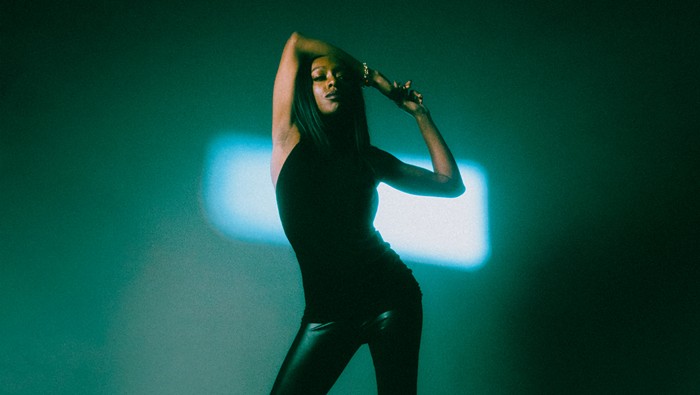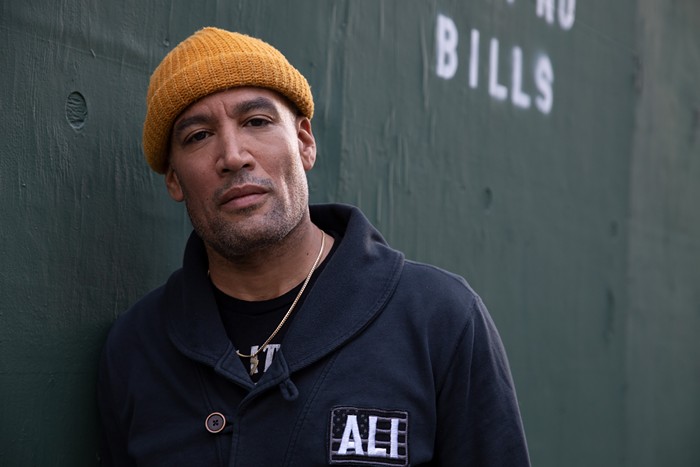In a pivotal scene in the 1969 film Easy Rider, three men decompress over a campfire and a joint after an uncomfortable run-in with some bigoted middle Americans. George, played by Jack Nicholson, says it best: “Oh yeah, they gonna talk to you, and talk to you, and talk to you about individual freedom, but they see a free individual... it’s gonna scare ’em.”
The same year Easy Rider was trying to slough off conventional society’s hang-ups, Indiana band Coven—fronted by the enigmatic and magical Jinx Dawson—released their debut LP, Witchcraft Destroys Minds and Reaps Souls. At a time when most popular music was all about peace, love, and “smiling on your brother,” Coven went the other direction. Witchcraft teems with dark lyrics about witches, magic spells, and pacts with Lucifer. The record even includes a 13-minute satanic mass ceremony. Pair these occult themes with a trained opera singer and some spooky, jangly rock ’n’ roll akin to Jefferson Airplane or Fleetwood Mac, and you’ve got a band of free individuals certainly capable of scaring some people. According to Dawson, audiences were not ready for such devilish musings.
“They had never seen anything like that before,” she explains. “They were shocked and amazed. We would do shows, we’d walk off stage, and there’d be no applause. We’d go, ‘We have to get out of here. They’re probably gonna kill us!’ We’d be waiting for a few minutes and then the whole place would go up with applause. It took them that long to absorb it. Plus, they probably were all on drugs, too.”
But Dawson clarifies that Coven’s approach was never about trying to shock people or subvert current trends, it was merely about following her own inspiration: “I just thought, if everyone is doing what they like—the hippie life, flowers, love, or whatever—why can’t I mix what I like into the music?”
Of course, introducing such strange and risky subject matter to the general public had its drawbacks. The family members and associates who taught Dawson about the Left-Hand Path were not thrilled that she’d put such secretive information on blast. And on Coven’s next two albums—1971’s Coven and 1974’s Blood on the Snow—labels and producers attempted to steer them away from Satan, which eventually led to the band’s downfall.
“They knew that maybe they could make a blonde Cher, or something out of [me],” Dawson says. “There was always that problem there. I wasn’t interested in being a famous female singer, frankly. It pretty much ruined my career. I wasn’t able to keep going like I wanted to go. It stopped me. I felt I had a mission, and sometimes I had to go, ‘Oh, do I have to accept this so I can keep on my mission?’”
But Dawson’s never stopped working on her mission: She’s currently writing an autobiography and has resurrected Coven with a new lineup of musicians. She also started her own label called NEVOC Musick to release Coven material new and old. And the band’s touring the world, making stops at some major international festivals.
“I was so excited at Roadburn, Muskelrock, and all these festivals that the audience knew the words to every single song,” she says. “We do a lot from the first album. That was out in 1969! It’s really exciting to me that they searched all the way back.”


















